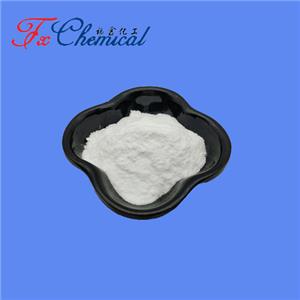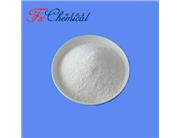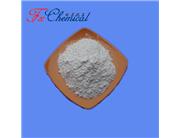Estetrol (E4) is a natural estrogen steroid hormone produced exclusively by the human fetal liver during pregnancy. It is classified as a Native Estrogen with Selective Tissue Activity (NEST). This unique property is the key to its therapeutic applications, as it provides the beneficial effects of estrogen in some tissues while acting as an antagonist (blocking the effects) in others.
Its primary applications are in the field of women's health, specifically in contraception and menopause hormone therapy.
Primary Applications
1. Oral Contraceptive (Birth Control)
This is the first and most well-established application of Estetrol, with approved medications available in various regions (e.g., Nextstellis in the USA, Canada, and Europe).
Mechanism: It is combined with a progestin (e.g., drospirenone). Estetrol acts as the estrogenic component in this combined oral contraceptive pill.
Key Advantage over Traditional Estrogens (like Ethinyl Estradiol):
Liver Safety: Traditional synthetic estrogens can increase the risk of blood clots (venous thromboembolism) because they promote the liver's production of clotting factors. Estetrol has minimal impact on liver function and clotting factor production, potentially offering a improved safety profile regarding thrombotic risk.
Effective Ovulation Inhibition: Despite its milder effect on the liver, it is still highly effective at suppressing ovulation.
2. Menopause Hormone Therapy (MHT)
Estetrol is being extensively investigated for relieving menopausal symptoms (like hot flashes, vulvar and vaginal atrophy, and sleep disturbances) and for preventing osteoporosis.
3. Potential Future Applications
Research is ongoing for other uses where estrogen's effects are beneficial but need to be decoupled from its risks:
Oncological Applications: Its anti-proliferative effect on breast tissue makes it a candidate for research in breast cancer prevention and treatment, particularly in hormone-sensitive cancers.
Neuroprotective Effects: Estrogens are known to have neuroprotective properties. E4 is being studied for potential benefits in cognitive function and conditions like stroke.


 China
China

